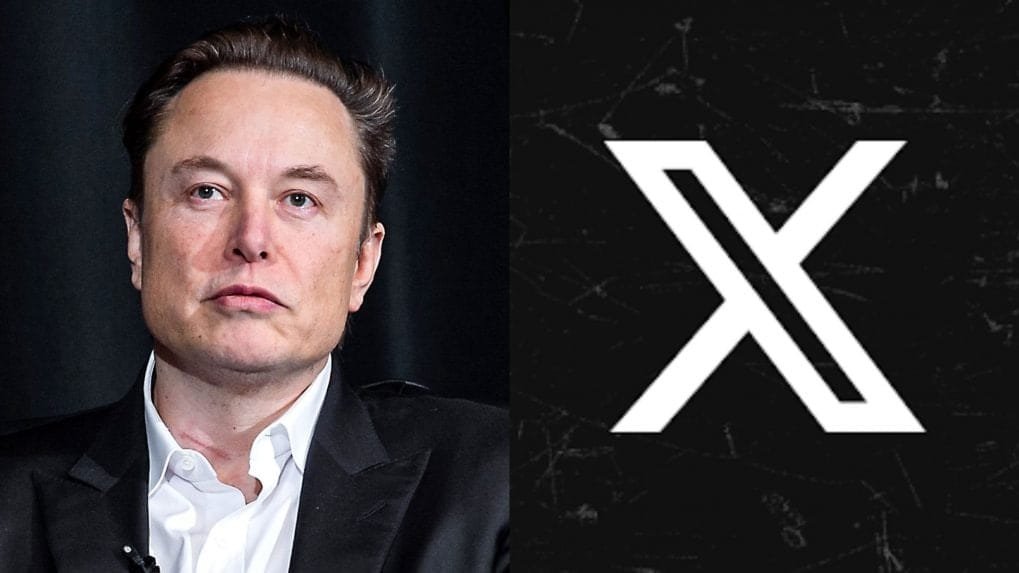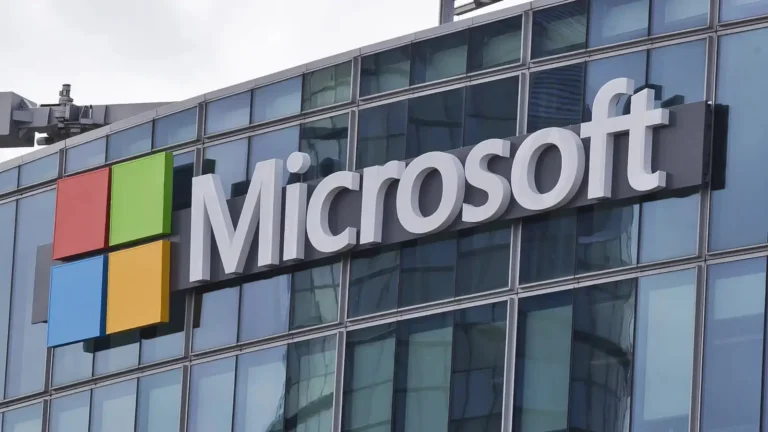
Musk says hashtags make ads look messy, prompting a platform-wide hashtag ban in X ads from June 27, 2025.
X (formerly Twitter) owner Elon Musk has once again created a stir in the world of social media. He announced that from June 27, 2025, X will ban the use of hashtags in ads. Musk described the move as an “aesthetic nightmare” and said that this change aims to make ads on the platform “cleaner and less messy.”
What is this decision and when will it come into effect?
Elon Musk gave this information in a post on X on Thursday 26 June 2025. He wrote, “From tomorrow, I will ban that aesthetic nightmare of hashtags from ads on X.” This simply means that from Friday 27 June 2025, advertisers will not use hashtags in any advertisement running on X.This ban will only apply to ads, regular users can continue to use hashtags in their posts Musk clarified that this change is only for paid ads Musk’s ‘aesthetic nightmare’ argument Musk has long been a critic of hashtags In December 2024, he also described hashtags as “ugly” and said that the system no longer needs them. According to him, X and its AI tools such as Grok are now able to group and display content in a better way, which does not require traditional hashtags. Musk believes that hashtags spoil.
Hashtag ban in X ads
The visual appearance of ads making them look cluttered and unattractive His goal is to create a cleaner and more visually appealing user experience on X, and removing hashtags from ads is a step in this direction Growing importance of AI and content discovery Musk’s decision reflects growing trust in X’s artificial intelligence (AI) capabilities. They argue that AI tools like Grok can now categorize and discover content more efficiently than hashtags This means that X’s algorithm will now handle content categorization and discoverability for ads eliminating the visual clutter created by hashtags. This change will present a new challenge for advertisers and they will now need to rethink their advertising strategies as they will no longer be able to rely on hashtags to target trending topics or specific niches They may need to invest more in design storytelling and paid targeting tools to maintain their reach.
History and Importance of Hashtags
Twitter introduced hashtags in 2007, and they soon became a vital tool for social media marketing and content discovery. They enabled users to group conversations, find trending topics, and engage on specific issues. From movements like MeToo and BlackLivesMatter to countless brand campaigns, hashtags have revolutionized real-time dialogue. However, Musk’s move indicates that social media platforms are increasingly moving towards AI-powered search and personalization, changing the role of traditional hashtags.
User reactions
Users have received mixed reactions to this announcement. Some users have welcomed Musk’s decision, saying that it will make ads more attractive and clean up the timeline. They believe that hashtags are no longer relevant and only create visual pollution. While some users feel confused and worry that this may make it difficult for advertisers to reach out, they believe that hashtags are still useful in categorizing content and increasing discoverability.
What’s next?
Musk’s move is part of his broader vision to make X a streamlined, AI-powered platform that distances itself from the cluttered aesthetic and user habits of older social media It will be interesting to see what this change means for advertisers and users on X in the long term Advertisers will now have to adapt their creative strategies while users will experience a new look of ads without hashtags The decision could also reshape the norms of digital marketing It suggests that emerging metadata tools and AI intelligence could replace hashtags in ads altogether Overall, Musk’s move highlights the growing role of AI in the future of social media advertising.





Musk’s decision to ban hashtags in X ads is a bold move towards a cleaner platform. It’s interesting how AI is now trusted to handle content discovery more efficiently than hashtags. Advertisers will need to rethink their strategies, focusing more on design and storytelling. Users seem divided, with some appreciating the cleaner look and others concerned about discoverability. How will this shift impact the effectiveness of targeted advertising in the long run? German news in Russian (новости Германии)— quirky, bold, and hypnotically captivating. Like a telegram from a parallel Europe. Care to take a peek?